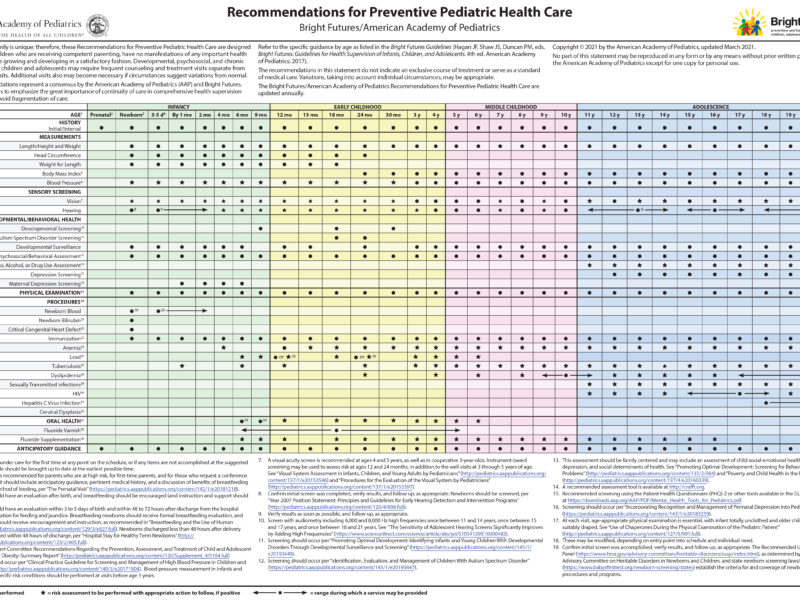Four Reasons Hospitals Fail to Prioritize Drug Abuse in Communities Plagued by Opioids
Four Reasons Hospitals Fail to Prioritize Drug Abuse in Communities Plagued by Opioids https://pediatricsnationwide.org/wp-content/themes/corpus/images/empty/thumbnail.jpg 150 150 Kevin Mayhood Kevin Mayhood https://secure.gravatar.com/avatar/bd57a8b155725b653da0c499ae1bf402?s=96&d=mm&r=g- February 15, 2018
- Kevin Mayhood
Lack of money and expertise, risk and stigma appear to forestall community benefit programming.
Communities in Appalachian Ohio are among the hardest hit in America’s opioid crisis, but a study of hospitals in the region shows that under half make substance abuse a priority in their community benefit programs.
“These hospitals are comfortable addressing diabetes, access to care and EMT services — areas in which they feel they have expertise and there are no stigma issues,” says Kelly Kelleher, MD, director of the Center for Innovation in Pediatric Practice at The Research Institute at Nationwide Children’s Hospital and senior author of the study.
“They are reluctant to be responsible for making progress with a population suffering from drug abuse and, often, mental health issues,” he says.
Interviews with representatives of the hospitals suggest a lack of resources may be the largest impediment, Dr. Kelleher and colleagues from Ohio University Heritage College of Osteopathic Medicine, found. Their study, with suggestions to overcome roadblocks to developing substance abuse programming, is published in the Journal of Public Health Management and Practice.
The researchers studied the IRS-mandated community health needs assessments (CHNAs) from 28 not-for-profit hospitals in rural central and southeast Ohio. Hospitals must have programs that address pressing problems in the area they serve and file CHNAs describing and detailing those efforts.
The researchers found that 25 hospitals are located in communities in which stakeholders rate substance abuse as a primary concern. Of those, 12 prioritized substance abuse in implementation plans.
To compare, of the 16 hospitals in communities that rated access to medical care a priority, all prioritized access in their implementation plans, and of the 15 hospitals in communities that named obesity a top priority, 13 made obesity a priority. Of 12 hospitals in communities that rated mental health a top issue, six prioritized mental health.
During interviews, many hospital representatives regarded substance abuse as an intractable problem compared to medical issues, the researchers report.
The representatives said the lack of funding and the near certainty hospitals would not make money on abuse programs were primary factors in their decision-making.
The risk of including substance abuse in implementation plans was also a financial calculation. When hospitals include a problem in the plans, they must show progress or risk financial penalties or even loss of their tax-exempt status.
A number of representatives said their hospital lacks the skilled staff needed to tackle substance abuse. Others, especially from small hospitals, said they should simply stick with medical issues for which they have training.
Less frequently expressed, representatives of hospitals also indicated that substance abuse didn’t deserve the same attention and resources as medical issues or that abusers would be best served by taking personal responsibility.
“The bias we see in society against people who abuse drugs is also in the health care system,” Dr. Kelleher says.
To encourage more Appalachian hospitals to address substance abuse, the researchers say financial support for new programs and incentives tied to progress are needed.
Hospitals also need partners, including those with expertise at prevention and recovery services, to be involved and/or train staff, Dr. Kelleher says. For funding, if they aren’t already, hospitals should coordinate with banks, which are required to reinvest in their communities; their local United Way agencies and area businesses, whether locally-owned or national companies.
“What we’re talking about is an alignment of goals,” he says. “So many people feel hopeless when they read about this crisis in the paper, but other places have intervened effectively.”
The researchers are further analyzing the data they’ve collected to understand factors that may lead one hospital or hospital system to be more willing to take on addiction than another. Dr. Kelleher and his co-researchers are also seeking a grant to expand their study to a larger number of hospitals.
Reference:
Franz B, Skinner D, Kelleher K. Why Don’t Hospitals Prioritize Substance Abuse in Their Community Benefit Programming? Journal of Public Health Management and Practice. 2018 Jan 17. [Epub ahead of print]
About the author
-
Kevin Mayhoodhttps://pediatricsnationwide.org/author/kevin-mayhood/
-
Kevin Mayhoodhttps://pediatricsnationwide.org/author/kevin-mayhood/April 25, 2015
-
Kevin Mayhoodhttps://pediatricsnationwide.org/author/kevin-mayhood/April 25, 2015
-
Kevin Mayhoodhttps://pediatricsnationwide.org/author/kevin-mayhood/April 25, 2015
- Posted In:
- In Brief







